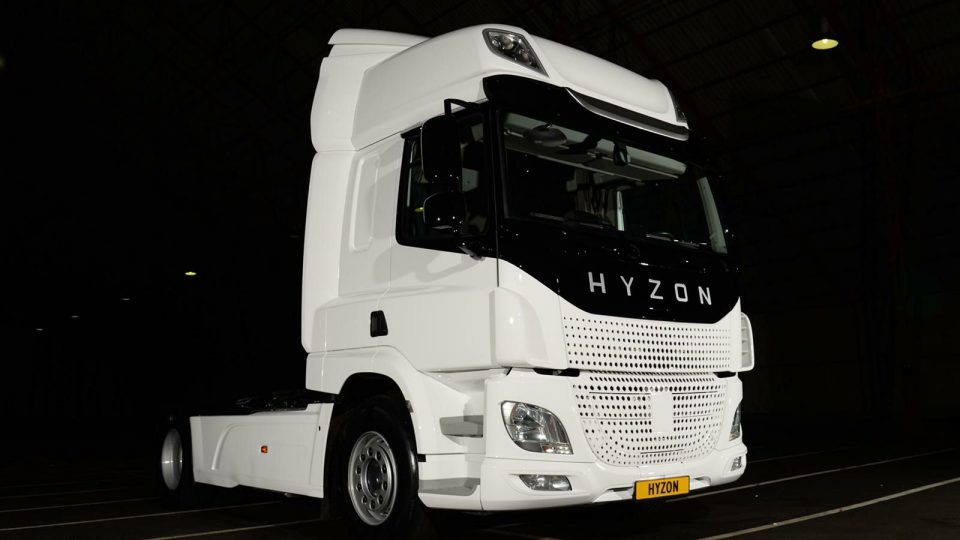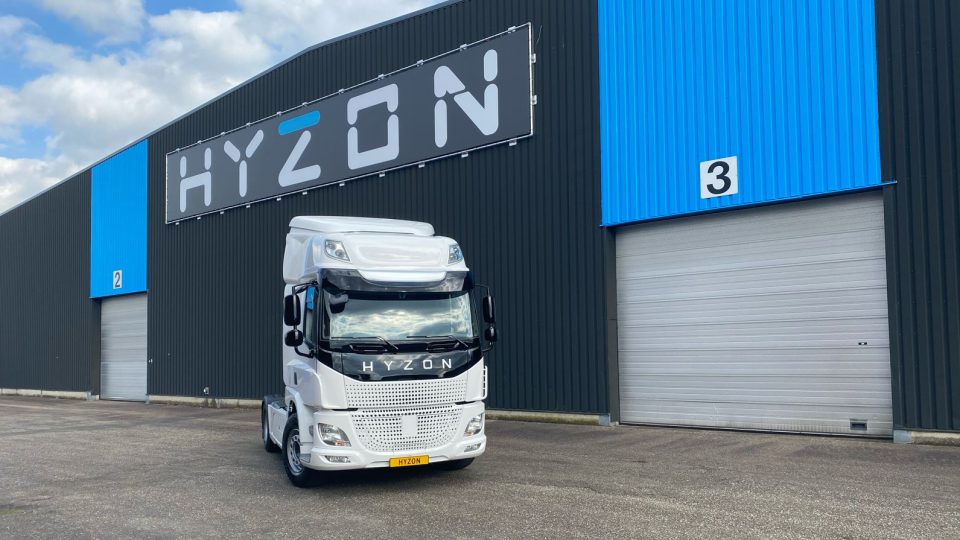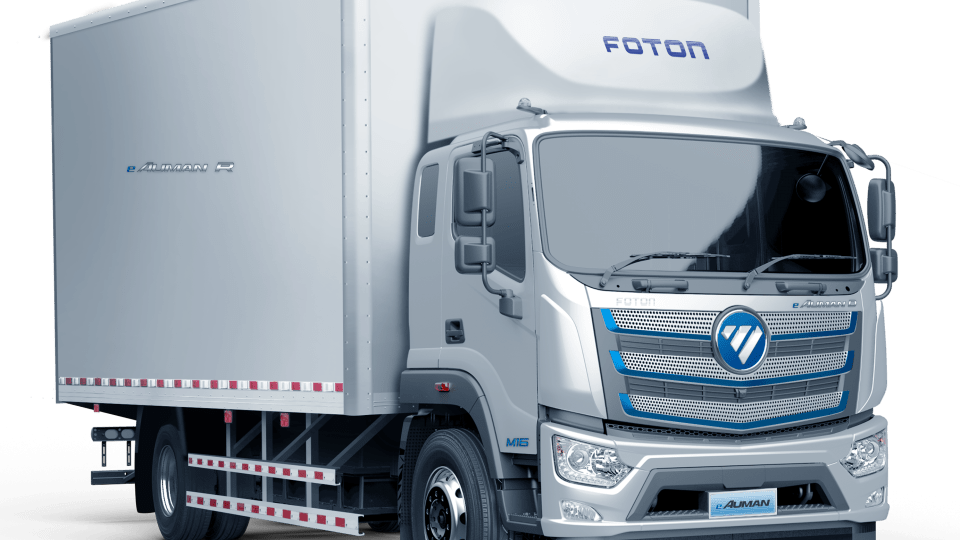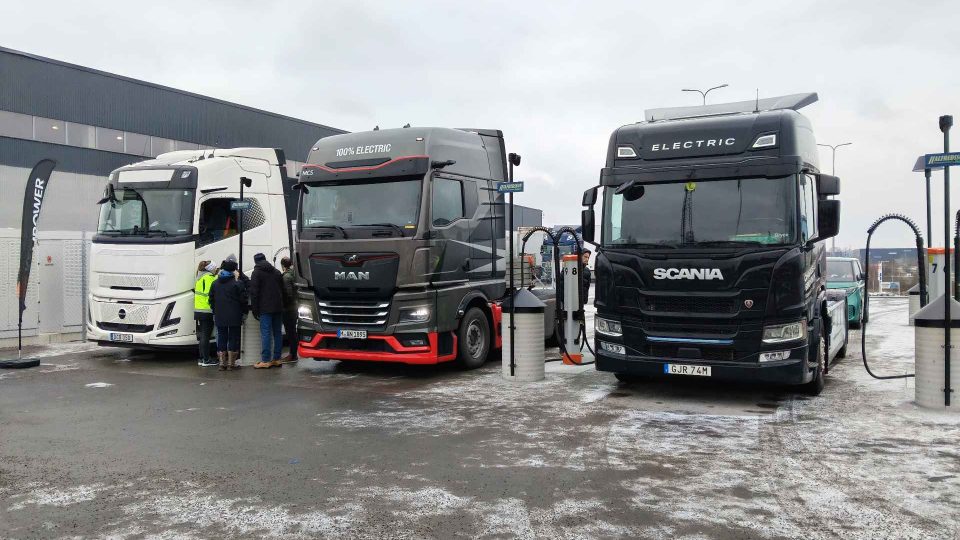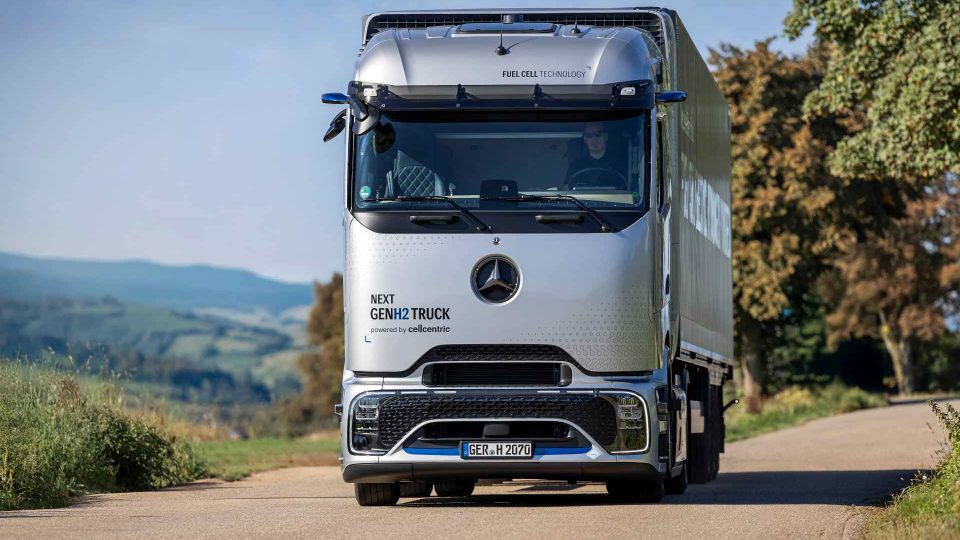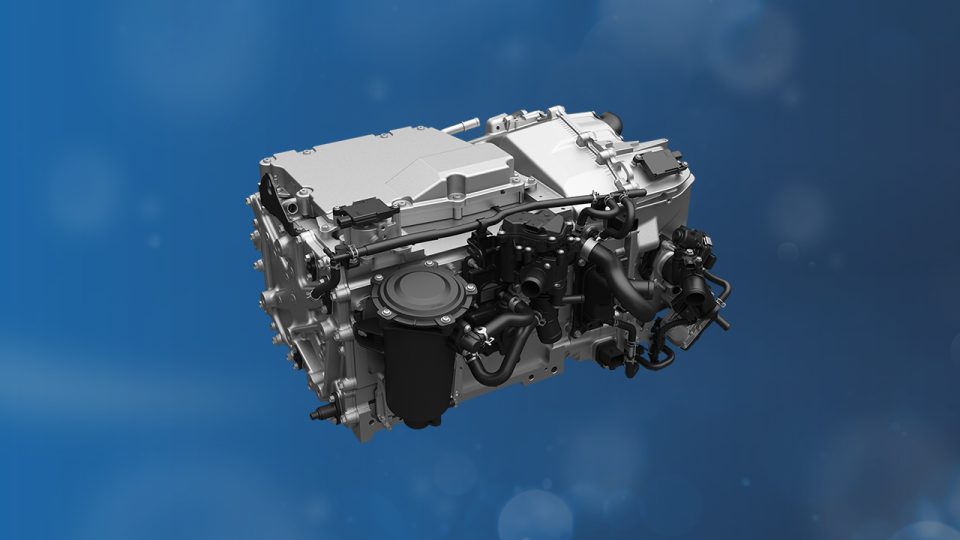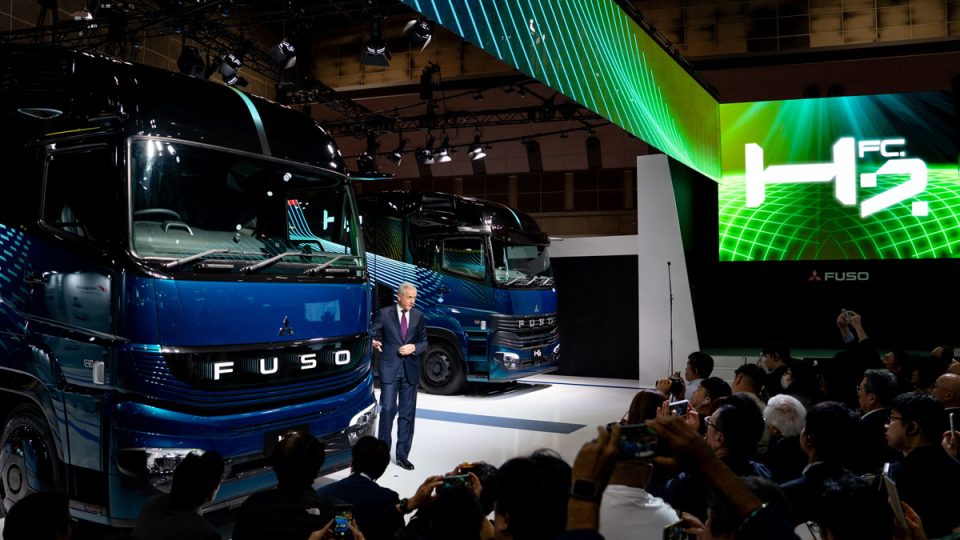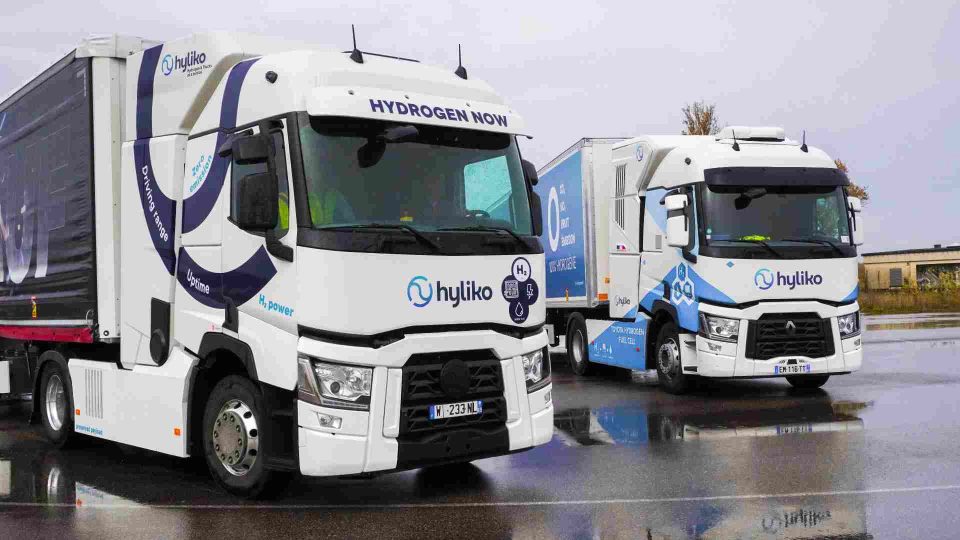Hyzon’s latest projects for decarbonizing heavy mobility in New Zealand and Japan
Working with Hiringa under a Heads of Agreement, the first 55-ton Hyzon trucks are specified to meet New Zealand regulations and the demanding road conditions. Also, Hyzon is collaborating with Japanese ITOCHU Corporation in order to jointly pursue commercial hydrogen opportunities targeting the mineral and metal industry.
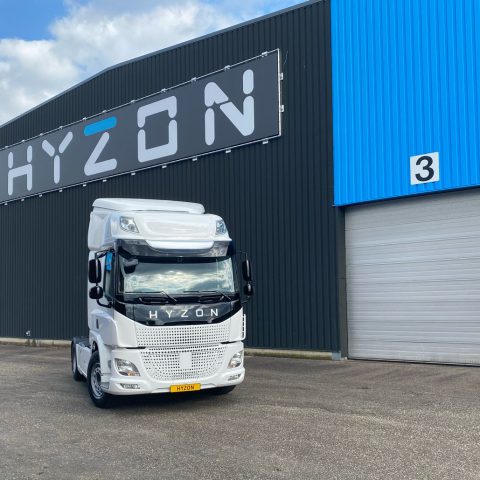
«Hyzon’s singular focus is decarbonizing heavy mobility», said CEO Craig Knight. Such a philosophy, highlighted in this interview we published a few months ago, lays behind two major projects brought forward by Hyzon Motors in view of decarbonization. The first one deals with New Zealand, where Hyzon’s partner Hiringa Refuelling New Zealand has started the construction phase of the first four high-capacity green hydrogen refueling stations for zero-emission heavy fuel cell electric vehicles. These stations are expected to form the first part of a nationwide refueling network.
Hyzon Motors for decarbonizing heavy mobility in New Zealand
Hyzon Motors plans to supply the initial 20 fuel cell electric trucks to underpin the network. Working with Hiringa under a Heads of Agreement, the first 55-ton Hyzon trucks are specified to meet New Zealand regulations and the demanding road conditions. Capable of driving over 600 km between refueling stops, the trucks’ range capabilities are similar to existing diesel-based offerings, according to Hyzon. In addition to the first four stations in Auckland, Hamilton, Tauranga, and Palmerston North, Hiringa has announced that it plans to bring over 24 high-capacity hydrogen refueling stations online across New Zealand in the next 4-5 years to support a growing fleet of fuel cell electric vehicles.
Potrebbe interessarti
Hyzon Motors developed an eAxle with up to 97% motor-to-wheel efficiency
The collaboration with ITOCHU in Japan for the mining sector
Similarly, however in quite a different sector, Hyzon is collaborating with Japanese ITOCHU Corporation in order to jointly pursue commercial hydrogen opportunities targeting the mineral and metal industry. Under a non-binding MoU, the companies are expected to jointly develop hydrogen supply chain strategies as well as model customer projects for the deployment of Hyzon fuel cell vehicles and fuel cell technology in the mining sector.
According to the subjects involved, such a collaboration marries the companies’ complementary expertise: ITOCHU brings long-standing relationships with mining companies globally, while Hyzon provides extensive experience developing and deploying fuel cell electric vehicles and hydrogen solutions for large commercial vehicles and industrial equipment. In doing so, the companies address the entire hydrogen value chain, a crucial step in promoting near-term hydrogen developments.
CEO Craig Knight on the Japanese project
In order to meet the aforementioned Hyzon’s focus on decarbonizing heavy mobility, CEO Craig Knight said that: «This requires alignment along all positions of the hydrogen value chain – from production to distribution to offtake. ITOCHU’s strong reputation and relationships within the international mining industry will provide significant access and insight to understand the industry’s decarbonization and transportation challenges, some of which we aim to address through this collaboration».
Potrebbe interessarti
Hyzon Motors received huge order from China: up to 500 hydrogen-powered trucks
The mining industry provides particularly suitable applications for hydrogen due to the heavy power demands and long utilization cycles that hydrogen can support. With operations often running 24 hours per day, Hyzon believes that hydrogen likely provides the most commercially viable zero-emission solution, as battery electric vehicles would require significant downtime for charging.



